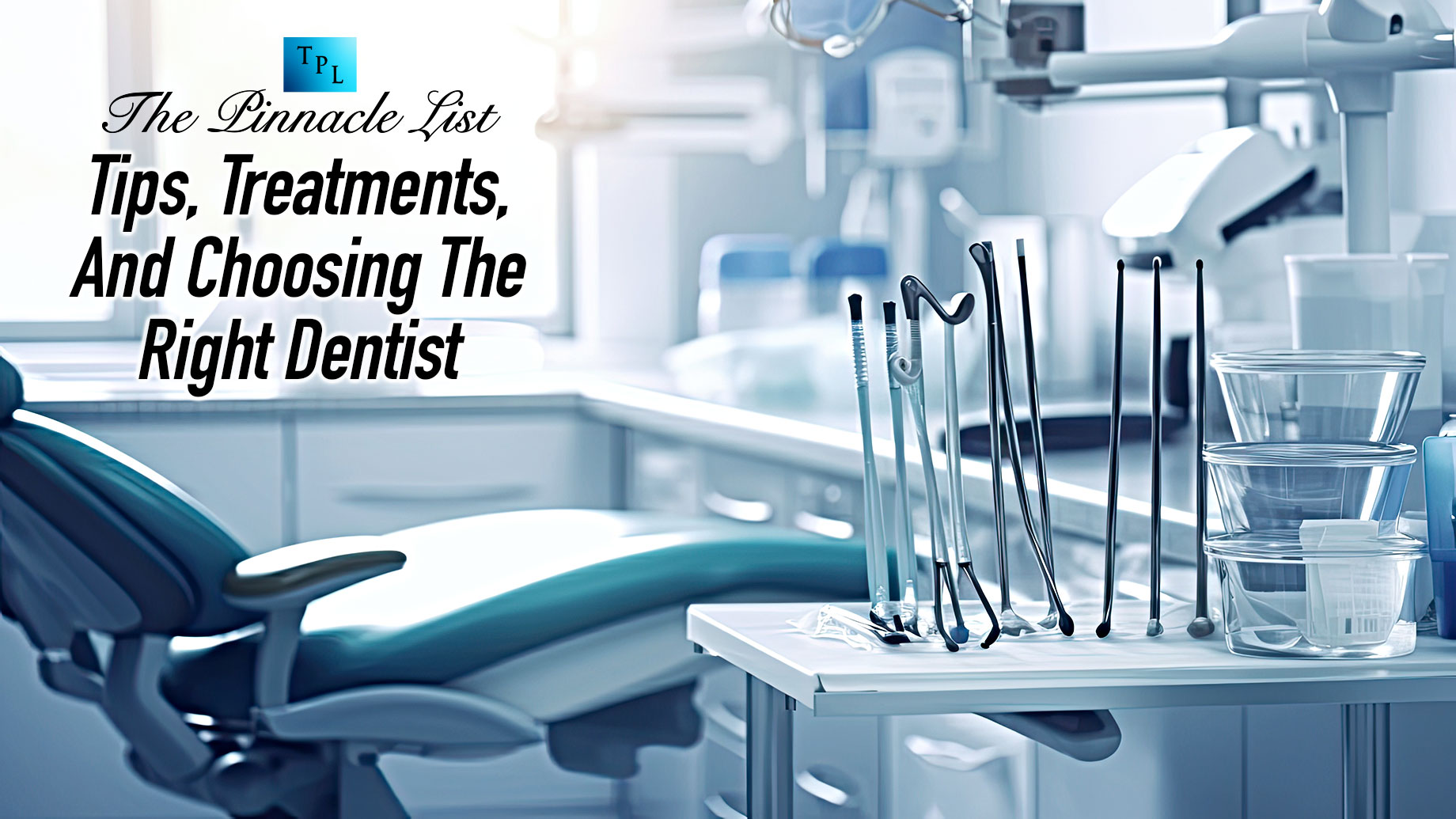
Maintaining good dental health is essential for overall well-being. From daily oral care routines to professional treatments, there are various factors to consider when striving for a healthy smile. This comprehensive guide will explore valuable tips and common dental treatments and guide selecting the right dentist to cater to your oral health needs.
The Importance of Dental Health:
- Overall Well-being: Dental health is crucial in maintaining overall health. Poor oral hygiene can lead to various issues, including gum disease, tooth decay, and systemic health problems like cardiovascular diseases.
- Confidence and Aesthetics: A healthy smile improves self-confidence and overall appearance. Good dental health can enhance your smile’s aesthetics and positively impact social and professional interactions.
For those seeking restorative dental solutions, finding the best dental implants can be a life-changing decision toward a confident smile.
Tips for Maintaining Dental Health:
- Daily Oral Care: Establish a consistent oral care routine that includes brushing your teeth at least twice daily with fluoride toothpaste, flossing daily, and using mouthwash to remove plaque and prevent cavities.
- Balanced Diet: A nutritious diet plays a significant role in dental health. Limit sugary and acidic foods and beverages, as they can contribute to tooth decay. Instead, focus on consuming foods rich in vitamins and minerals that promote strong teeth and gums.
- Regular Dental Check-ups: Schedule routine dental check-ups every six months to monitor your oral health, receive professional cleanings, and address any emerging issues promptly.
- Avoid Tobacco and Limit Alcohol: Tobacco use, including smoking and chewing tobacco, can harm dental health. Additionally, excessive alcohol consumption can lead to oral health problems, so drinking in moderation is important.
Common Dental Treatments:
- Preventive Care: Regular dental cleanings, oral examinations, and dental X-rays help identify and prevent dental problems before they escalate. Fluoride treatments and dental sealants can provide additional protection against tooth decay.
- Restorative Treatments: Dental fillings, crowns, and bridges are common restorative treatments used to repair damaged teeth, restore their function, and improve aesthetics. Root canal therapy is performed when the tooth’s pulp becomes infected or inflamed.
- Orthodontic Treatments: Orthodontic treatments, such as braces and clear aligners, are used to correct misaligned teeth and improper bites, improving both dental function and appearance.
- Cosmetic Dentistry: Cosmetic treatments, including teeth whitening, veneers, and dental bonding, focus on enhancing the aesthetics of your smile.
- Oral Surgery: Oral surgery procedures, such as tooth extractions, all-on-x dental implants, and corrective jaw surgery, address complex dental issues and improve oral health.
See how treating an overbite can improve both function and appearance, leading to a more harmonious and self-assured grin. See overbite before and after photos of orthodontic treatment.
If you are looking for a way to enhance your smile’s appearance, click for veneers and see how they can help you achieve a seamless and natural look. Whether you require preventive, restorative, or cosmetic treatments, there’s a dental solution to cater to your needs and goals.
Choosing the Right Dentist:
- Recommendations and Referrals: Seek recommendations from family, friends, or healthcare professionals. Their experiences can help you find a reputable dentist.
- Online Research: Conduct online research to explore dentists in your area. Visit their websites for information about their services, expertise, and patient reviews.
- Credentials and Experience: Verify the dentist’s credentials, education, and professional affiliations. Consider their field experience and expertise in performing the specific treatments you may require.
- Comfort and Communication: A good dentist-patient relationship relies on effective communication and comfort. Choose a dentist who listens to your concerns, explains procedures clearly, and makes you feel at ease during dental visits.
- Technology and Facilities: Assess the dental office’s technology and facilities. Advanced equipment can contribute to more accurate diagnoses and comfortable treatments.
Conclusion
Achieving and maintaining optimal dental health requires daily oral care, regular dental check-ups, and professional treatments when necessary. By following the tips outlined in this guide, understanding common dental treatments, and choosing the right dentist, you can pave the way for a healthy smile that lasts a lifetime.